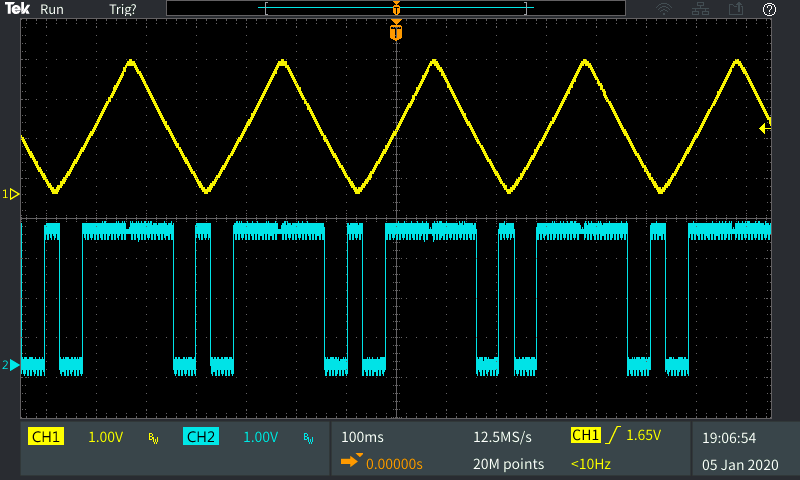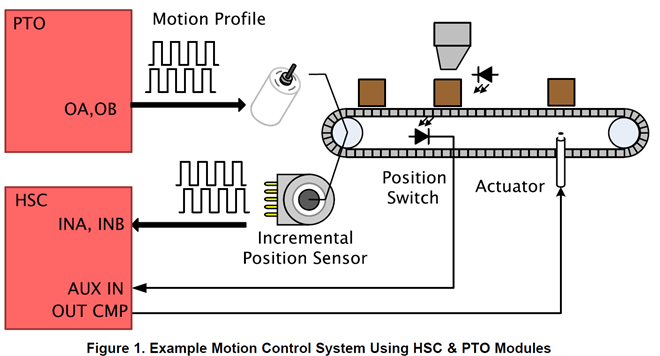I remember people were really keen for more USB ports, for a standardised board layout, for more GPIO, for customisable GPIO, for Wireless LAN / WiFi, Bluetooth, faster ethernet, faster USB, and being a 64bit, quad core, faster processor.
And, we have all of that. We even have the compute module with pcie broken out.
What would you want on the Raspberry Pi 5?








